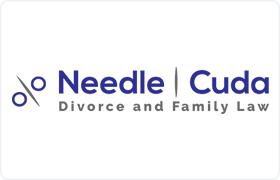Bridgeport Adoption Lawyer, Connecticut
Sponsored Law Firm
-
 x
x

Click For More Info:
-
Needle | Cuda: Divorce & Family Law
830 Post Road East Suite 301 Westport, CT 06880» view mapDivorce & Family Law Experienced. Savvy. Straightforward.
At Needle | Cuda, we know when you come to see us that you may be going through the most difficult time of your life. That is why we style ourselves a “high touch” law firm.
203-557-9500
Victoria T. Ferrara
Adoption, Alimony & Spousal Support, Corporate, Business Organization
Status: In Good Standing *Status is reviewed annually. For latest information visit here
Laura S. Mitler
Farms, Divorce, Child Support, Adoption
Status: In Good Standing *Status is reviewed annually. For latest information visit here Licensed: 36 Years
Jill H. O'Connor
Alimony & Spousal Support, Child Support, Adoption, Divorce & Family Law, Children's Rights
Status: In Good Standing *Status is reviewed annually. For latest information visit here
 Melissa Needle Westport, CT
Melissa Needle Westport, CT Practice AreasExpertise
Practice AreasExpertise